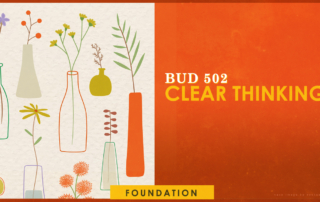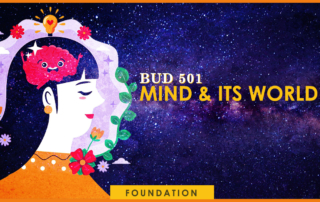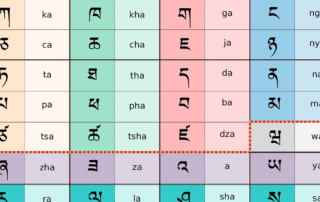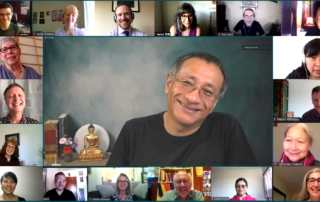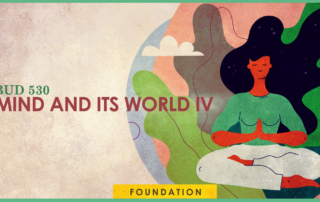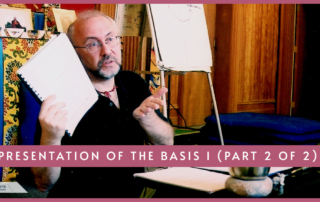BUD 502 Clear Thinking (SPOC)
BUD 502 Clear Thinking (SPOC) This course is an introductory exposition of knowable objects drawn from the Abhidhama tradition, based on Collected Topics root text. Students learn methods for thinking clearly by formulating definitions, examples, equivalents and classifications, and by exploring the four types of logical relationships between two phenomena. PREREQUISITE: None. REQUIRED TEXTS: Root text: Collected Topics (Düdra), by Acharya Lama Tenpa Gyaltsen, Nitartha Institute Publications Clear Thinking Workbook, Nitartha Institute Publications COST: ${!{types field='course-cost' style='text'}!}{!{/types}!} Nitartha’s Payment Plan and Financial Assistance (PPFA) program is funded by fellow students to support those who would not be able to
